Custodia figli minorenni e responsabilità genitoriale
aggiornamento: 27 marzo 2020
Last updated on 27 March 2020 by the Italian Ministry of Justice
CUSTODY OF MINOR CHILDREN and PARENTAL RESPONSIBILITY
Who exercises parental responsibility?
Exercise by mutual agreement
Both parents have parental responsibility, which is exercised by mutual agreement taking into account the child’s abilities, natural inclinations and aspirations. The child’s habitual residence is established by the parents by mutual agreement.
Disagreement over issues of particular importance
In the event of a disagreement over issues of particular importance, each parent may apply to the court without formalities, stating the measures they consider most suitable. The court, having heard the parents and listened to the minor child if aged 12 or over, or younger if capable of discernment, suggests the measures it considers to be in the best interests of the child and the family unit. If the disagreement persists, the court grants the power of decision to the parent who, in the individual case in question, it considers most suitable to look after the interests of the child.
In the event of acknowledgement
A parent who has acknowledged a child exercises parental responsibility over that child. If a child born outside of marriage is recognised by the parents, both parents exercise parental responsibility.
Right/duty of monitoring
A parent who does not exercise parental responsibility has the right/duty to monitor the child’s education, upbringing and living conditions.
Impediment affecting one of the parents
In the event of distance, incapacity or other impediment that makes it impossible for one of the parents to exercise parental responsibility, the latter is exercised exclusively by the other parent.
The parental responsibility of both parents does not cease following separation, dissolution, termination of civil effects, annulment or nullity of the marriage; in such cases, the exercise of parental responsibility is governed by the provisions below.
Parental responsibility following separation, dissolution, termination of civil effects, annulment or nullity of the marriage or at the outcome of proceedings relating to children born outside of marriage (For more information: https://e-justice.europa.eu/content_parental_responsibility-302-it-it.do?member=1#toc_1)
Exercising parental responsibility in the event of divorce or separation
The parental responsibility of both parents does not cease following separation, dissolution, termination of civil effects, annulment or nullity of the marriage.
The usual form of custody, which facilitates co-parenting, is shared custody whereby both parents exercise parental responsibility.
Decisions of greatest importance for the child, relating to the education, upbringing, health and the choice of habitual residence of the child, are made by mutual agreement, taking into account the abilities, natural inclination and aspirations of the child, whereas for routine matters, the parents may exercise parental responsibility separately (Section 337 ter of the Civil Code)
Shared custody does not necessarily mean that the child divides his/her time equally between the parents. Normally, the separation or divorce decree specifies the cohabiting parent, i.e. the parent with whom the child lives permanently, and the conditions under which the non-cohabiting parent can spend time with the child are then established. It is also possible for the time children spend living with each parent to be divided equally, if the parents live close to each other and lead similar lifestyles, provided that such an arrangement will not have an adverse effect on the children’s social or school life.
However, if shared custody is not in the best interests of the child, the court may grant sole custody, by reasoned decision (Section 337 quater of the Civil Code).
The most common reasons for granting sole custody are:
- if one of the parents poses a risk to the physical and psychological well-being of the child (violent parent, parent with a serious criminal record, parent who is a drug addict or alcoholic);
- if a parent is incapable of morally and materially supporting the child, or has never shown any interest in the child;
- if a parent disparages the other parent in front of the child;
- if the hostility between the parents is so bad that it could upset the child’s equilibrium and psychophysical development.
In the case of sole custody, parental responsibility is exercised solely by the parent who has custody, but decisions of major importance for the child must be taken by both parents, unless provided otherwise owing to particularly serious circumstances, for instance violent or abusive behaviour (Section 337 quater of the Civil Code).
A parent who does not exercise parental responsibility has the right/duty to monitor the education, upbringing and living conditions of the child (last paragraph of Section 316)
Relevant legislation
ITALIAN ROYAL DECREE No 262 of 16 March 1942 – Civil Code
- Section 316 Parental responsibility
- Section 317 Impediment affecting one of the parents
Book I Chapter II of Title IX (Sections 337 bis et seq.) – Exercise of parental responsibility following separation, dissolution, termination of civil effects, annulment or nullity of the marriage or at the outcome of proceedings relating to children born outside of marriage
►Help us improve►Contact Assistance Services |
 |



